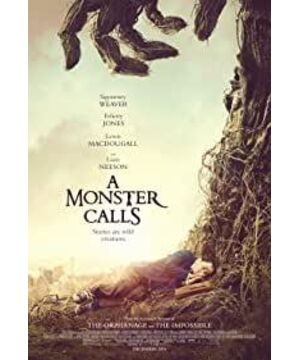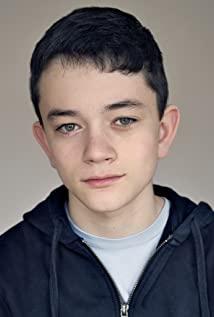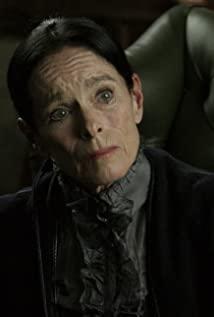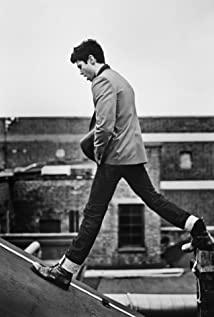At the heart of the film is truth.
Sometimes we avoid facing "loss" or even "death" and we choose to paralyze ourselves, knowing that things are bad but still paralyzing ourselves and saying "everything is under control". The monster in the movie is the inner voice of the protagonist, the little boy, and we Everyone faces the voice of "things with bad results" in their lives. Also facing "things with bad results", most of us routinely do exactly the same as little boys, so facing this kind of thing face to face, in order to avoid pain, So hide the truth.
The first story told by the monster actually told the little boy: what you think is the truth may not be the truth, and the bad person you think may not be the real bad person.
The second story told by the monster is actually telling the little boy: what you believe is important, and where you stand in line is important. Don't give up what you believe in at the end, giving up the original belief is the most terrible thing. "Faith is half the cure".
The third story told by the monster is actually to tell the little boy: In the end, if you choose the truth, you may still not get everyone's understanding and approval, so it is still painful, but you still have to choose the truth.
The fourth story was forced by the monster, and the protagonist told it himself. He told that he always knew that his mother was dying. He wanted the illusion that paralyzed him to leave quickly, and wanted everything to end early. This is actually the little boy who said what he thought and told the truth.
It's hard to admit the truth. It can be said that the monster really helped the little boy to achieve self-redemption, so that he could be that child easily.
The above is entirely my personal opinion, and in the end I think the rating of 7.3 is really too low.
View more about A Monster Calls reviews










